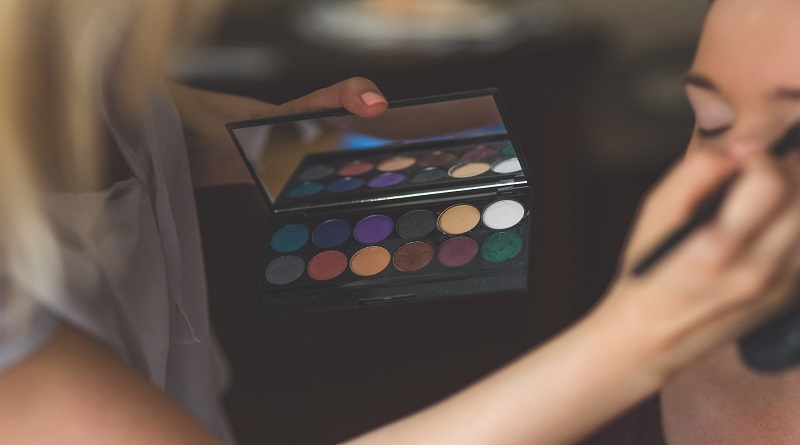Have you a passion for make-up? Do you want to learn about the different areas of make-up and delve into different genres of work? There are many courses in Make-up Artistry that will give you all the knowledge and skills you will need to build a career in the make-up industry.
What is make-up artistry?
Make-up artistry is the application of make-up products by using creativity, expression to enhance or change one’s appearance. It is considered to be an art and requires creativity and artistic abilities.
What third level courses are available?
Universities and colleges in Ireland offer courses in the following courses in this area:
- Make-up Artistry (PLC)
- Make-up Artistry Advanced (PLC)
- Beauty Therapy and Make-up Artistry (PLC)
- Fashion Styling and Make-up (PLC)
- Fashion, Theatre Media Make-up (PLC)
Studying Make-up Artistry in college
The courses in this area are predominantly PLC courses and range between Level 5 and Level 6 courses. They will give you the opportunity to gain all the relevant skills and knowledge you will need in order to work as a make-up artist.
When studying a make-up artistry course you will focus on areas including Day Make-up, Evening Make-up, Special Occasion Make-up, Bridal Make-up, Photographic Make-up, Commercial and Editorial Make-up, Fantasy Make-up and many more.
You may also look at areas such as special effects, eyelash and eyebrow treatments, skin and eye treatments as well as digital marketing. A big part of being a make-up artist in today’s world is being able to advertise and sell your business through social media so digital marketing will be important. Some courses may also give you the opportunity to do work experience to become familiar with the area and gain experience in the working environment.
Course content may differ from course to course so be sure to research your course to ensure it meets your requirements and hits the areas of your interest.
Career Options
There are a few different directions you could go with make-up artistry. A popular option is to work for yourself as a freelance makeup artist either based in your own studio or in a general salon. Other areas you can delve into is to work behind the scenes in shows, films, magazines, photoshoots and theatre as a make-up artist.
As shown above through areas you may study, there are different types of make-up that you can focus on such as special effects, bridal make-up or avant-garde make-up, for example.
Skills and qualities in this area that are both helpful and important include creativity, knowledge about makeup and different techniques, confidence, pay close attention to detail, artistic, flexible, passionate, strong communication skills, good customer service skills, time management skills, organisation skills, keep up with the latest trends, knowledge and health and safety standards and procedures for clients.
Related Jobs
- Make-up artist
- Beauty Therapist
- Beautician
- Eyelash/Nail technician
- Hairdresser
- Hair Stylist
- Salon owner
Further Study
Visit postgrad.ie for more information.
FAQ
Different courses and different colleges will have different entry requirements. It’s always safest to check with the individual higher education institution which is available on their websites. As a general rule Leaving Cert students should have a minimum of six subjects which should
include: Two H5 (Higher Level) grades and Four O6 (Ordinary Level) grades or four H7 (Higher Level) grades. Subjects must include Mathematics, Irish or another language, and English.
Like other areas within the beauty industry, creativity and practical skills can often be more important than results. Portfolios and interviews may apply in some cases.
Where can I study?
For other courses in the area you would like to explore, you can do so here.
Did you know?
- The first cosmetics were made from copper and lead by ancient Egyptians.
- It is believed that lipstick was created over 5,000 year ago by ancient Sumerian men and women.
- Make-up was originally used by ment and played a role in establishing their masculinity.
Resources












Comments